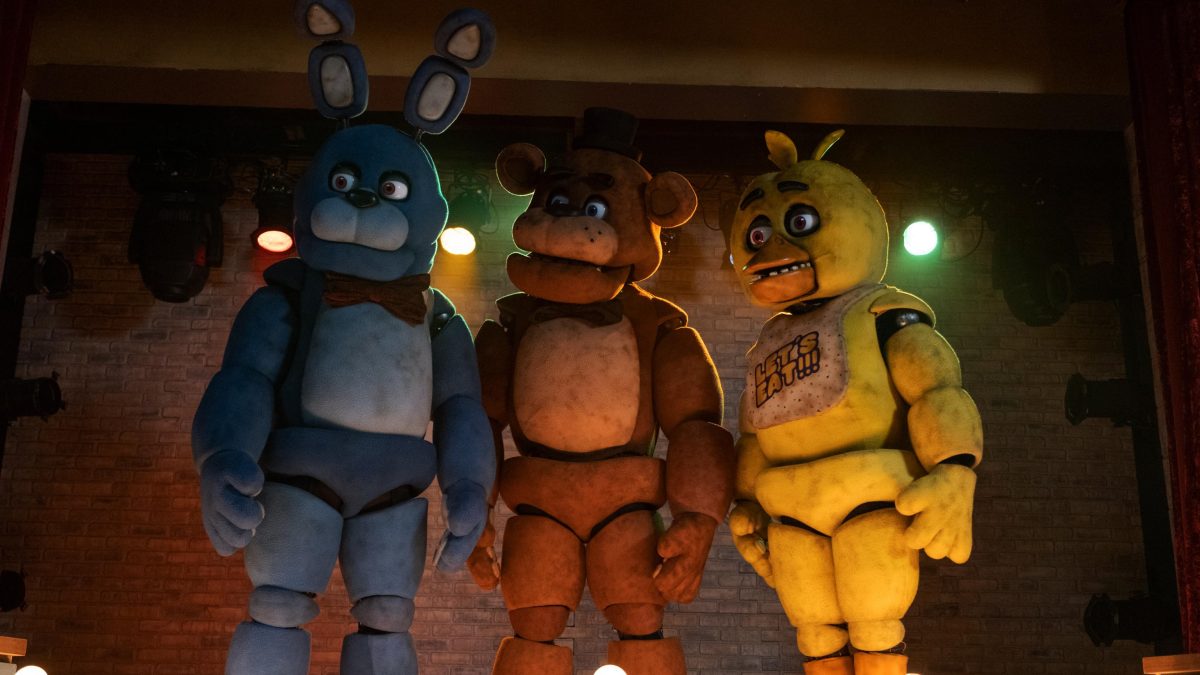
By Jennie Tanner
Recently a story broke about a North Andover high school girl who was suspended from her volleyball team for being at a party where alcohol was being served, even though she had gone there to pick up a drunk friend and said she hadn’t had anything to drink. Social media campaigns sprang up to support her, saying that she used good judgment and kept her friend from driving drunk. Social media gained thousands of signatures on a petition and raised over $1,000 in a scholarship fund for her. Now the donations are being returned, as she has admitted she had been drinking.
What should this story tell people? Fitchburg State student Evan Kenney, who was the youngest delegate from Massachusetts to the 2012 Republican National Committee, believes that she was “scared when caught doing what everyone else was doing” and that it is “time to lower the drinking age… so law enforcement can focus on real crime and stop ruining the lives of good kids”. He also states that “It deeply saddens me that one girl who, from an educational perspective, is an extracurricular superstar, happened to get caught doing what the rest of her friends were doing. Whether you believe her story or not, it is tragic that we’re even talking about it”. I must say I agree with him, if the drinking age was lowered to the same age that we can die for our country at, a lot of these stories about underage drinking could easily be prevented because students would know that once they are a legal adult, they can have all adult privileges instead of just buying lottery tickets and pumping harmful tobacco smoke into their lungs.
Fitchburg State has a zero tolerance policy for alcohol as well, and at this school if you are caught in possession in your dorm then you have the possibility of losing your housing. The policy clearly states “Residents 21 years of age or older may possess and consume alcoholic beverages ONLY within their room with the door closed. Underage residents and their visitors may not possess or consume alcohol.” Every student is required to sign on this policy at the beginning of the year. If you live in Fitchburg, then you’ll know that it is much more dangerous to drink off campus and that students would be a lot safer if permitted to drink in their rooms with friends rather than going and walking around the dark and murky streets of Fitchburg at nighttime.
It’s time America woke up and realized that the youth today is going to drink whether it is legal to or not. America could save a lot of time and money by not focusing on those who drink underage.
- Some people believe the drinking age should be lowered to 18.







ryan59479 • Nov 10, 2013 at 6:10 pm
Instead of just consenting to a behavior that we know has poor outcomes, why not just try to determine the root cause of the problem? Adolescents drink for a variety of reasons–but they’re reasons nonetheless. Fascination with alcohol doesn’t exist in a vacuum, and teens aren’t drawn to it like a moth to a flame. Teens drink for the same reasons adults drink: for banal reasons like socialization all the way to coping with stress and as a means of escape from something. But regardless of the cause of underage drinking, there IS a cause that could easily be addressed. Legal or not, reckless behavior still produces poor outcomes, and it changing the law would do nothing to address drunk driving, date rape, and other trauma teens experience under the influence of alcohol.
Regardless of what the laws say, biology and psychology are pretty clear that adolescents–even 21 year olds–don’t have the life experience to weigh when making important choices, and their brains are not fully formed. In fact, the average brain isn’t done maturing or forming or developing until about 25 years of age. Alcohol does nothing to improve these factors, legal or not.
I respect the fact that you want to make underage drinking as safe as possible. That idea has it’s merits. But to me, underage drinking is indicative or symptomatic of other underlying problems if it’s serious, and in the best case scenario it’s people caught between childhood and adulthood doing their best to try and be “grown up.”